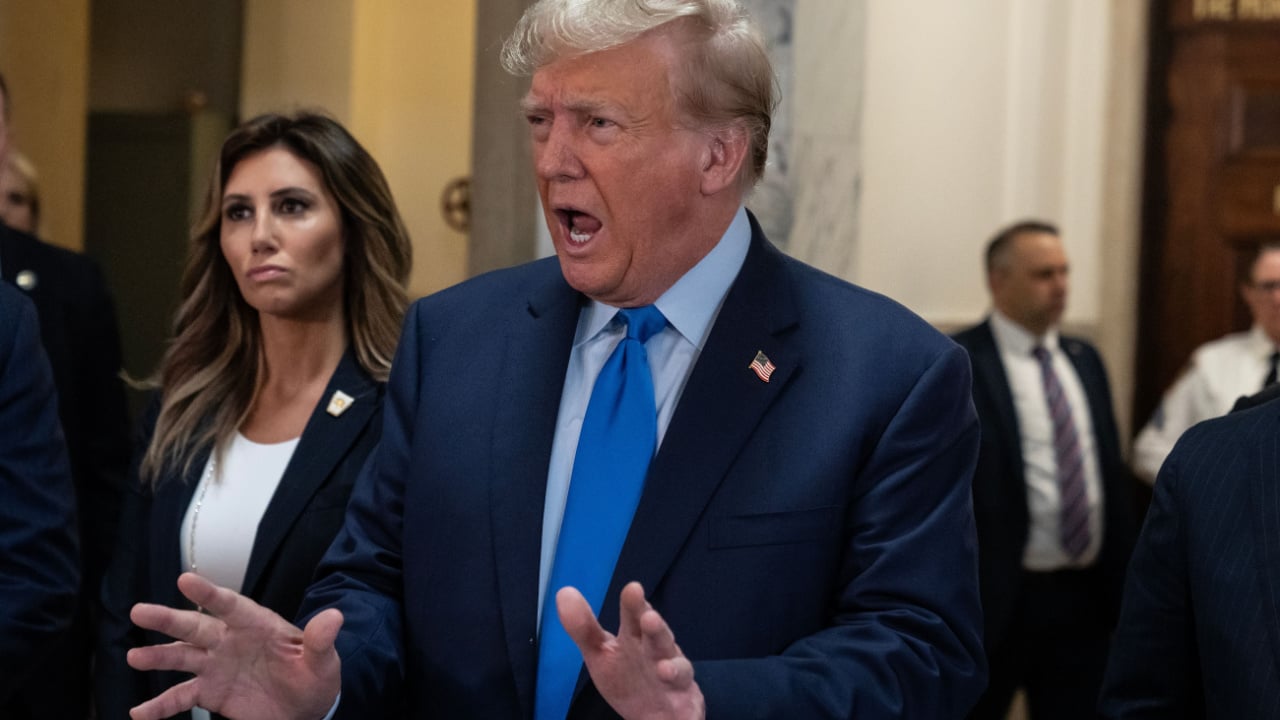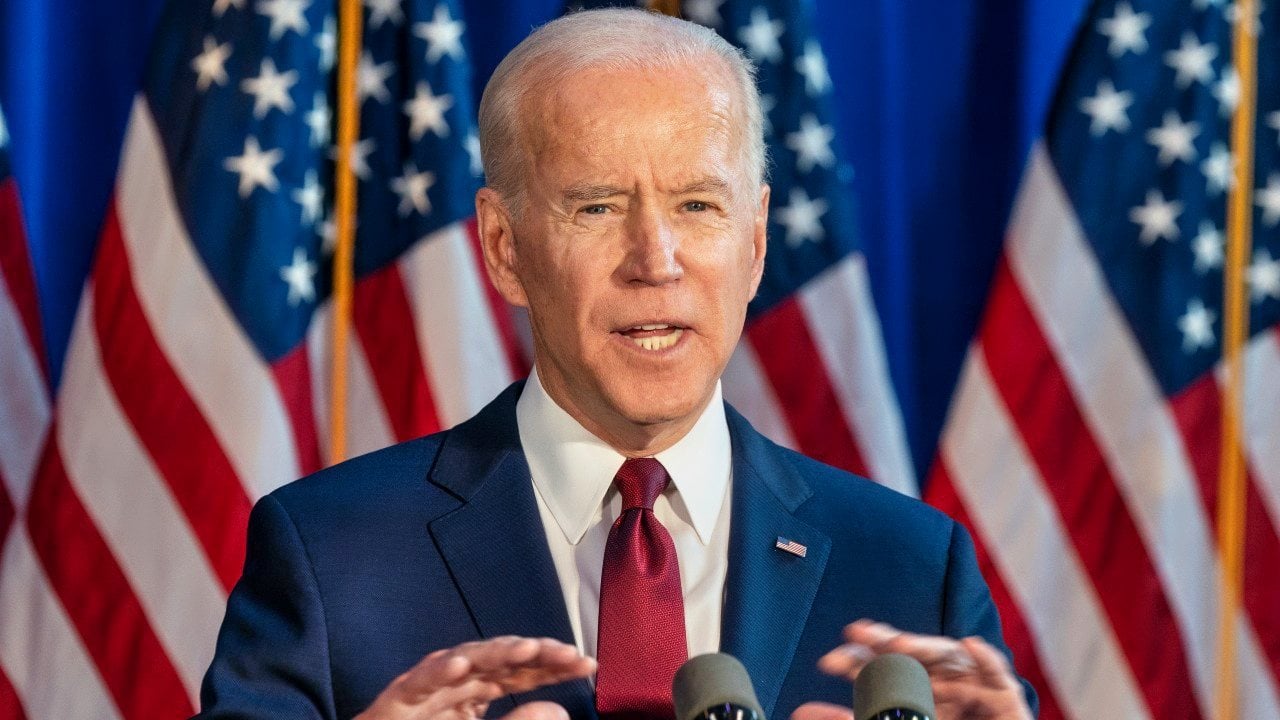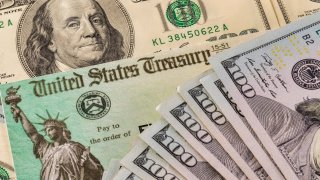Stimulus Check 2024: Will the U.S. Government Send Extra Payments?
Rumors are percolating that the federal government will distribute a fourth stimulus check to citizens in 2024. But the rumors are just rumors: do not expect a fourth stimulus check in 2024.
Rumors are percolating that the federal government will distribute a fourth stimulus check to citizens in 2024. But the rumors are just rumors: do not expect a fourth stimulus check in 2024.
“Rumors about a fourth stimulus check often circulate online,” Megan Loe reported. “That’s led some…to as whether they will receive a fourth check in 2024.”
“It seems, every year…there has been some discussion about whether another round of stimulus might come,” Brian Linder reported for Pennlive. “And that is largely because despite 476 million payments valued at $814 billion going out, some folks are still struggling.”
But alas, “the federal government isn’t sending a fourth stimulus check,” Loe wrote.
“Don’t expect a check,” Linder echoed. As accountant Zack Hellman told Newsweek: “The focus has shifted to economic recovery, and additional stimulus checks are not a part of current legislative agendas.”
“A spokesperson for the Internal Revenue Service (IRS) told VERIFY in November there are no additional stimulus payments due to go out “at any time in the future,” Loe reported. “The IRS and U.S. Department of Treasury websites, which have information about how people can receive the three previous stimulus payments if they haven’t already, make no mention of a fourth payment, either.”
Getting to a Fourth Stimulus Check
Much would need to happen before Americans receive a fourth stimulus check.
First, Congress would need to pass legislation authorizing the payment.
Then, President Biden would need to sign the authorization into law. At present, Congress does not seem to be constructing, or even contemplating, any legislation that includes a stimulus payment.
The issue dominating Congress at present is a package that will “sate both House Republicans’ desire for border security funding and Senate Democrats’ desire for aid to Ukraine.”
Stimulus checks are not on the menu, and with the oxygen that border security and Ukraine funding are consuming, don’t expect much movement on stimulus checks.
The History of Recent Stimulus Checks
The first three stimulus checks were, in various ways, controversial.
The first recent stimulus check came from the CARES Act, which President Trump signed into law in March 2020, and included $1,200. The CARES Act was controversial, aside from the stimulus check, because in many respects it featured an upward flow of money, to help corporations mitigate pandemic-related losses.
The premise of the $1,200 stimulus check was controversial, too. Conservatives likened the $1,200 to an expansion of the “welfare state.”
Many experts noted that the $1,200 was not means-tested, meaning billionaires and millionaires received their $1,200 the same as single mothers living in poverty. People of the Andrew Yang-UBI-toting variety hailed the check as a necessary step, the first of what should be a routine transaction.

The second check, totaling $600, was mailed out in December 2020 after President Trump signed a spending package into law. And that’s the curious thing about the first two checks: Trump signed each, in something of a deviation from conservative mores, in a move that liberals were surreptitiously heralding.
The Joe Biden Stimulus Check
Still, President Biden, campaigning throughout 2020 against the perceived shortcomings of the Trump administration’s pandemic response, criticized the stimulus checks as meager offerings and promised to do more. Biden was precise in his promises; Biden promised, in the event that he won the 2020 election, that each and every American would receive a $2,000 stimulus check.

Biden did win the 2020 election. And Biden promptly set about delivering Americans their third stimulus check, which was included in March 2021’s American Rescue Plan. Yet, the check wasn’t for $2,000 as promised. Rather, the check was for $1,400. Biden clarified, retroactively, that the $1,400, in addition to Trump’s December 2020 $600, totaled $2,000 – which is what Biden said that he meant when he promised $2,000. Of course, many Americans viewed the $1,400 as a campaign promise broken.
The three stimulus checks, collectively, were controversial in that they were often scapegoated for the rise in inflation that coincided with the checks being issued. The idea is highly debatable, as the stimulus checks were drops in a bucket, but the idea gained traction, especially amongst the right. And as inflation lingers, three years later, the stimulus checks may have been stigmatized permanently as inflation-causers.
“And with the economy steadily improving…the focus appears to be on growth instead of the instant infusion and bump that a round of payments might create,” Linder wrote.
Stimulus Checks Lead to Universal Basic Income?
And what about the future of universal basic income (UBI)?
Andrew Yang made UBI a household term in 2020, when he advocated that, because of the impending replacement of workers with automation, UBI would become required to maintain a respectable quality of life.
The idea is still controversial, however, and has fallen out of the mainstream conversation in the years since Yang ran for president.
About the Author: Harrison Kass
Harrison Kass is a defense, national security and politics writer with over 1,000 total pieces on issues involving global affairs and U.S. domestic politics. An attorney, pilot, guitarist, and minor pro hockey player, Harrison joined the US Air Force as a Pilot Trainee but was medically discharged. Harrison holds a BA from Lake Forest College, a JD from the University of Oregon, and an MA from New York University. Harrison listens to Dokken.


